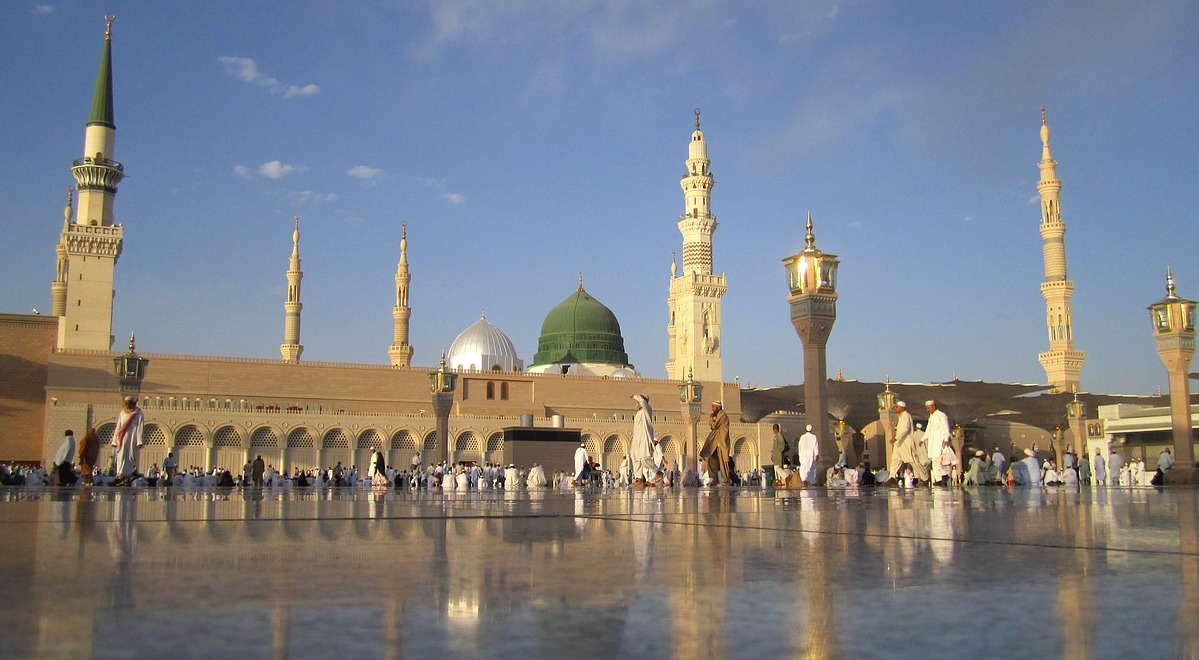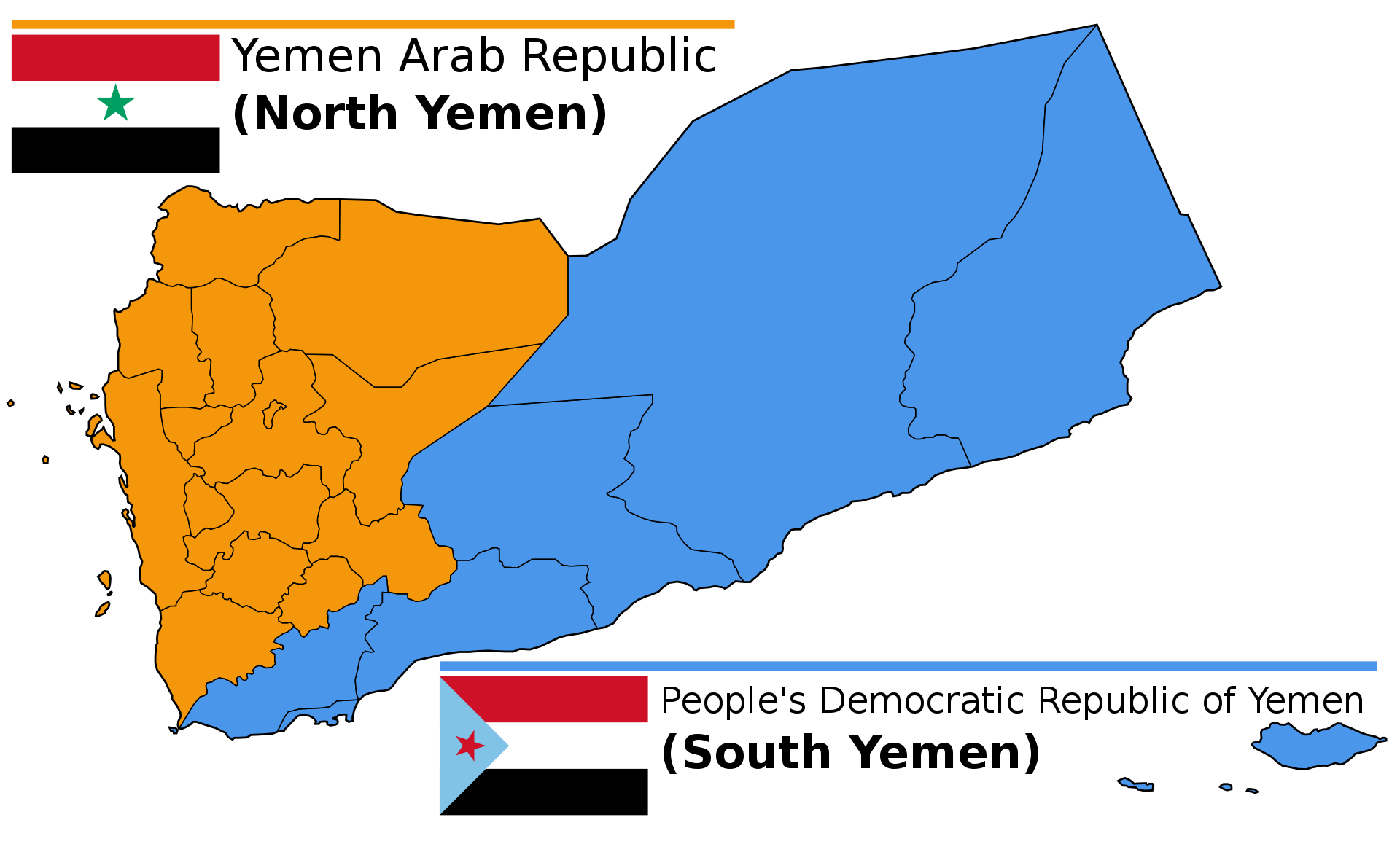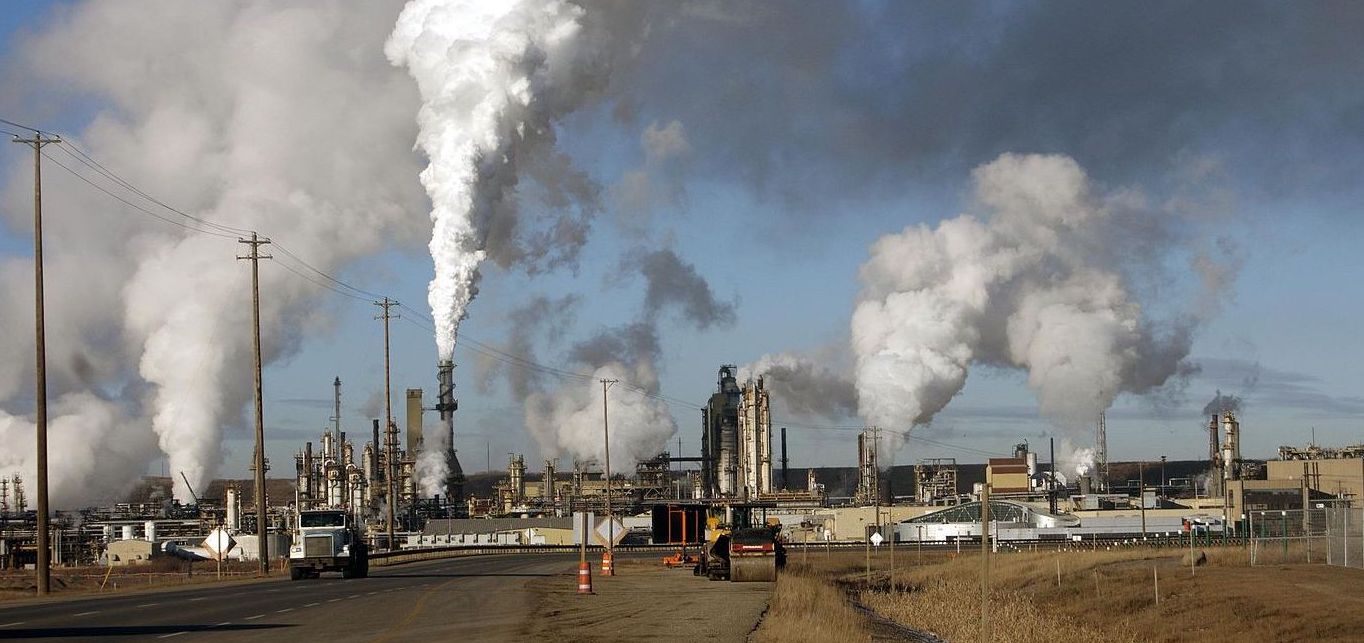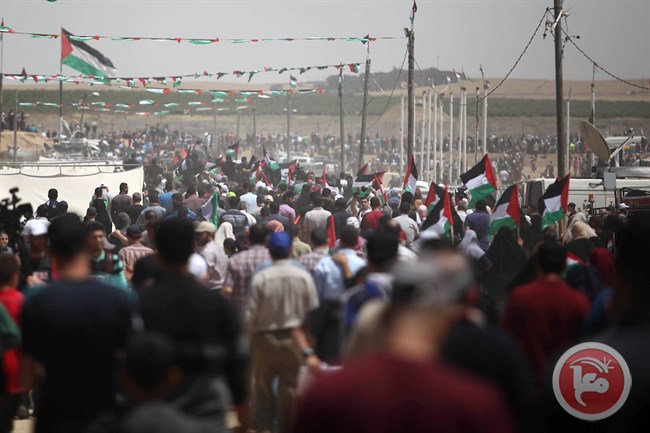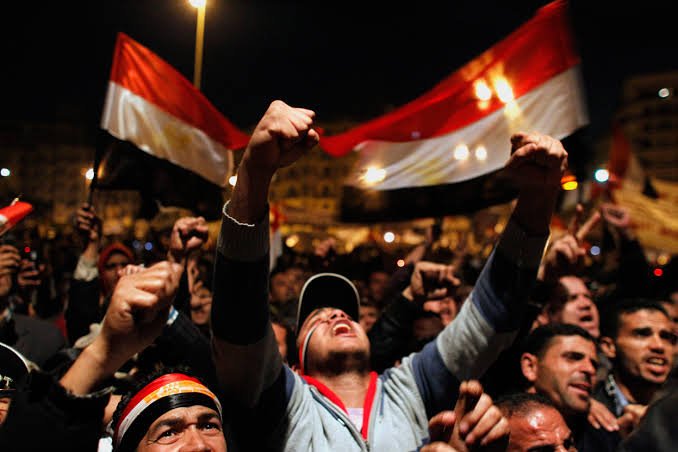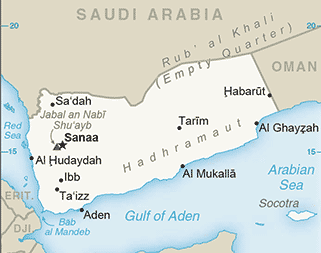
Yemen: secret torture centers revealed
In an exhaustive report, the independent monitor Mwatana for Human Rights documents a chilling aspect of Yemen’s more than five-year war that has gone overlooked, precisely because of its secretive nature: “enforced disappearances,” torture, and killings at illegal detention centers across the country. The report documents abuses by all parties to Yemen’s war, some of which it says may constitute war crimes. The Saudi-backed government of President Abd-Rabbu Mansour Hadi, forces backed by the United Arab Emirates, and the Houthi rebels are all accused of running detention centers—some on military bases or intelligence compounds, some in cellars below private homes or requisitioned public buildings. (Map: Perry-Castañeda Library)




